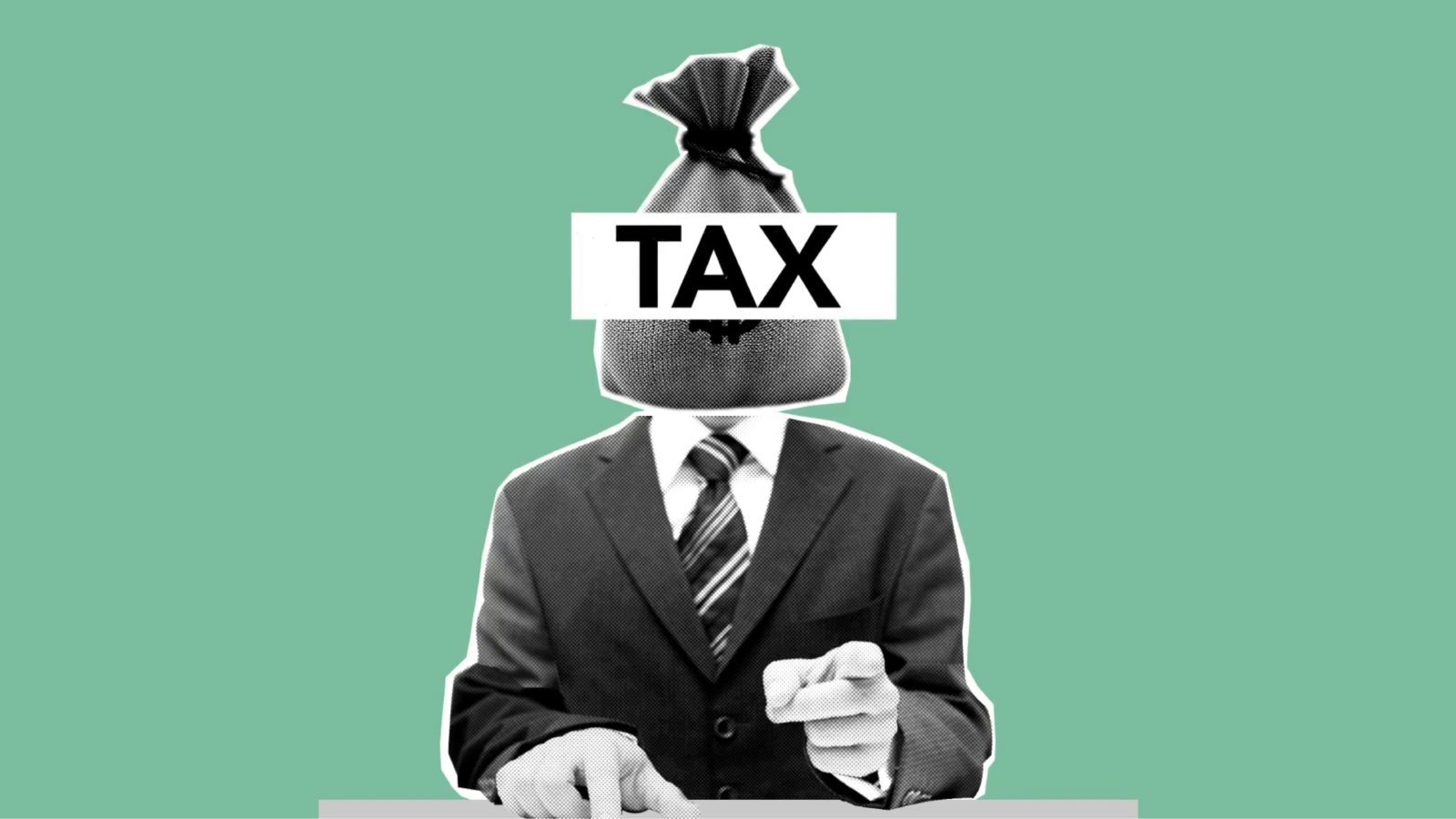The government’s claim that banks have only paid 730 million Koruna of the planned 33 billion in windfall tax is increasingly disputed. This is mainly due to banks increasing the interest rates of deposits. However, this argument doesn’t hold up as interest rates have not grown since the autumn before last. Furthermore, bankers admitted they avoided paying the windfall tax by purchasing and holding tax-exempt state bonds.
Of the six largest banks subject to the tax, Komerční banka paid the most. The bank has spent 0.4 billion Koruna in advance payments, and the tax settlement will occur later this year. ČSOB and UniCredit Bank chose not to comment on the windfall tax, while Raiffeisenbank paid a few hundred million in advance payments, according to spokesperson Tereza Kaiseršotová.
Both Česká spořitelna and Moneta Money Bank admitted that they paid nothing. Spokesperson Zuzana Filipová revealed that Moneta’s tax base for the extraordinary income tax was significantly influenced by holding a higher rate of state bonds. Currently, Moneta holds approximately 90 billion Koruna in state bonds.
Finance Minister Zbyněk Stanjura justified the low tax collection by banks raising interest rates on savings accounts. According to him, this action had a slight anti-inflationary effect, and the state collected more in withholding tax on income. According to the ministry, the extent to which banks reduced their tax base with higher costs, dividends, or other tax optimizations will only become apparent later.
Finally, it should be noted that despite not paying the windfall tax, banks remain sizeable corporate income tax payers. In 2022, Česká spořitelna was the second largest payer, with 3.3 billion paid, according to the Financial Administration. The other five large banks were also in the top fifty payers.





